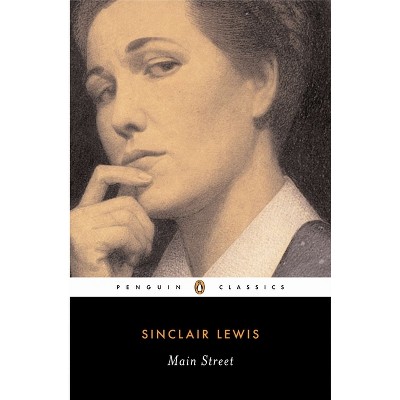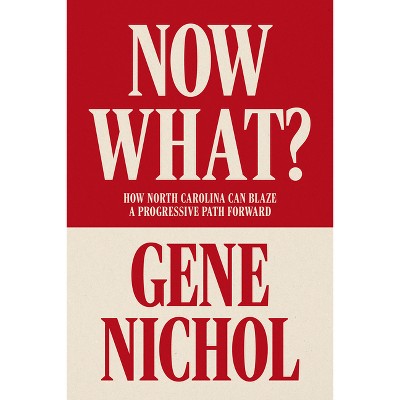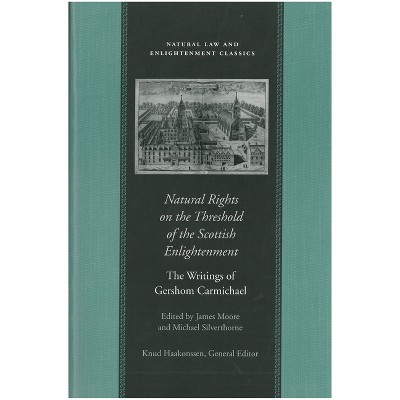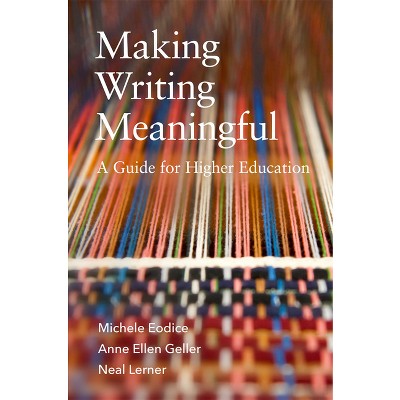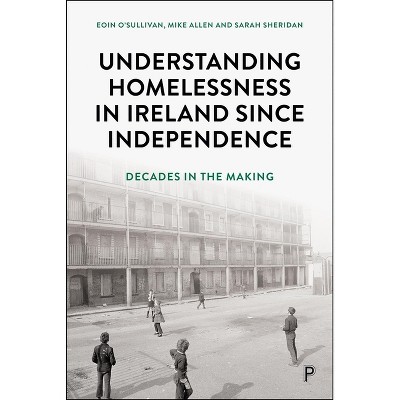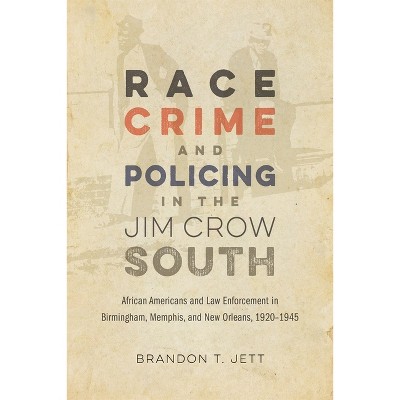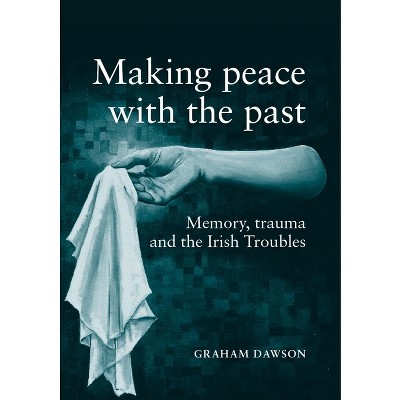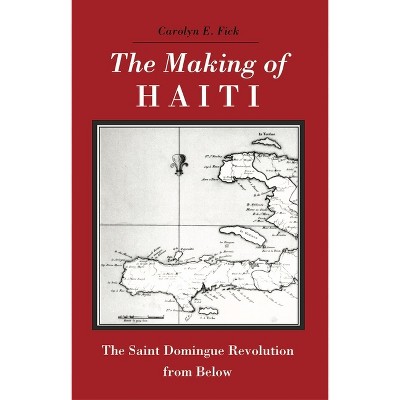Sponsored

The Making of an Abolitionist - by Denis Brennan (Paperback)
In Stock
Sponsored
About this item
Highlights
- William Lloyd Garrison's life as an abolitionist and advocate for social change was dependent on his training as a printer.
- About the Author: Denis Brennan is a professor of American history and a lecturer at Union College in Schenectady, New York.
- 224 Pages
- Biography + Autobiography, Historical
Description
About the Book
William Lloyd Garrison's life as an abolitionist and advocate for social change was dependent on his training as a printer, the one constant in his life. None who have studied Garrison can ignore his editorship of The Liberator but many have not fully understood his belief in the central role of a well-edited newspaper in the maintenance of a healthy republic and the struggle to reform society. Church, politics and publishing were the three foundations of Garrison's life. The first two were primarily responsible for directing everyone's life. The third, especially newspapers, provided citizens in a democracy with the information necessary to make choices. When ministers and politicians, in the North as well as the South, steadfastly refused to address the horror of slavery and became tacit advocates for the "peculiar institution," he felt compelled to aggressively employ the printing press to fill the void. This book carefully traces his path through a printing career to the decision to publish The Liberator. Garrison had not become a publisher in order to advocate abolition; he was a mechanic and an editor, later a reformer, but always a printer. His expertise with the printing press and the practice of journalism became for him the natural means for ending slavery.Book Synopsis
William Lloyd Garrison's life as an abolitionist and advocate for social change was dependent on his training as a printer. None who have studied Garrison can ignore his editorship of The Liberator but many have not fully understood his belief in the central role of a well-edited newspaper in the maintenance of a healthy republic and the struggle to reform society. Church, politics and publishing were the three foundations of Garrison's life. Newspapers, he believed, were especially important, for they provided citizens in a democracy the information necessary to make their own choices. When ministers and politicians in the North and the South refused to address the horror of slavery and became tacit advocates for the "peculiar institution," he was compelled to employ the printing press in protest.
This book traces his path from printer to publisher of The Liberator. Garrison had not become a publisher to advocate abolition; he was a mechanic and an editor, later a reformer, but always a printer. His expertise with the printing press and the practice of journalism became for him the natural means for ending slavery.
Review Quotes
"A work of exceptionally impressive historical research and scholarship...very highly recommended"--Midwest Book Review.
About the Author
Denis Brennan is a professor of American history and a lecturer at Union College in Schenectady, New York.Shipping details
Return details
Trending Non-Fiction





